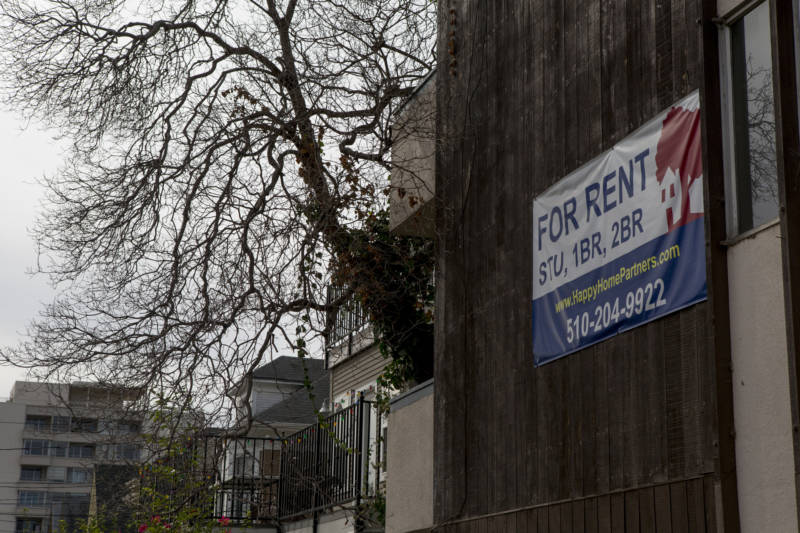Updated Tuesday, 11:45 p.m.
Californians have rejected a ballot measure that would have repealed California’s landmark ban on new rent control, the Costa-Hawkins Rental Housing Act.
Costa-Hawkins bans cities from enacting rent control after 1995, when the act became law. Rent control policies already on the books, in cities like Los Angeles, San Francisco and Oakland, were frozen in place.
With more and more Californians forced to pay significant portions of their income toward rent, supporters of Proposition 10 argued that giving cities the ability to pass rent control laws could provide immediate relief. Opponents said the measure was too drastic, and that a hodgepodge of local rent laws, combined with new caps on rent, would take away incentive for developers to build new housing.
“The stunning margin of victory shows California voters clearly understood the negative impacts Prop. 10 would have on the availability of affordable and middle-class housing in our state,” said Tom Bannon, CEO of the California Apartment Association, in a statement released by the No on 10 campaign. “We look forward to working with Governor–elect Gavin Newsom to address California’s housing affordability crisis by focusing on incentivizing housing production.”
